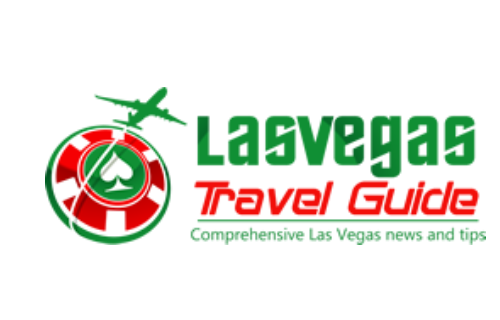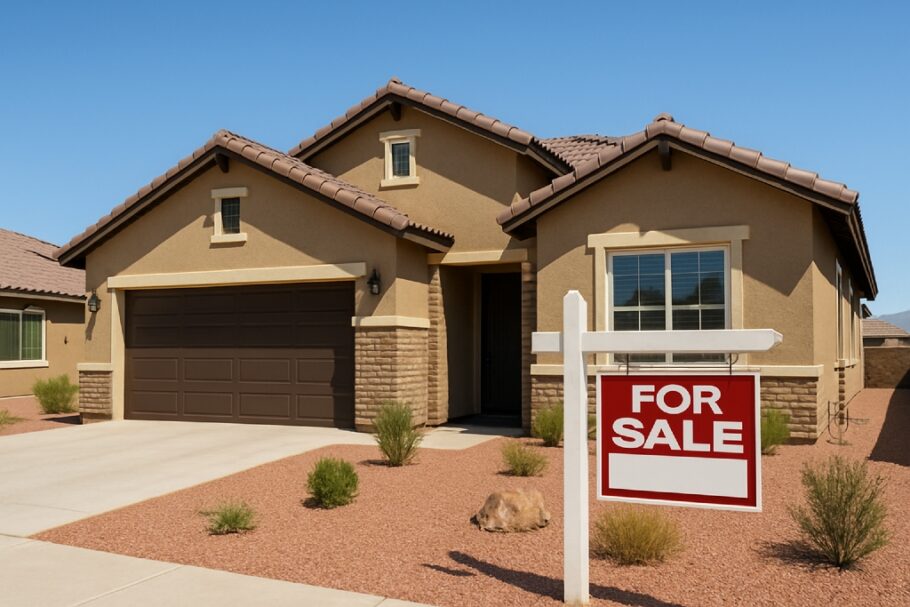Introduction
Stop right here – Vegas insider tip: Most visitors to this site will overpay by $727+ per trip to Las Vegas. Why? Because they don't have the secrets and tips to keep expenses low in Vegas while having a good time. Want the complete playbook for traveling like a Vegas local? Click here to save money on Vegas trips
Let’s talk about how to buy a home in Las Vegas. Buying a home in Las Vegas is an exciting step, whether you’re relocating to the city, upgrading your lifestyle, or making your first property investment. Known for its vibrant entertainment scene, sunny climate, and favorable tax environment, Las Vegas has become one of the most desirable real estate markets in the United States.
The process of purchasing a home here in 2025, however, requires a clear understanding of the local market, financing options, and the steps involved from search to closing. This guide will walk you through everything you need to know to successfully buy a home in Las Vegas, from choosing the right neighborhood to negotiating the best price.
Understanding the Las Vegas Housing Market in 2025
The Las Vegas housing market has continued to evolve over the past few years, with rising demand driven by new residents moving from higher-cost states, a strong job market, and Nevada’s attractive tax benefits. While the market is competitive, it offers a wide range of options—from luxury estates and gated communities to affordable single-family homes and condos.
In 2025, median home prices in Las Vegas are slightly above the national average but remain more affordable than in major coastal cities. Inventory levels have stabilized compared to the post-pandemic boom, but well-priced homes still sell quickly. For buyers, this means acting decisively and being well-prepared before entering the market.
Step 1: Determine Your Budget
Before you start house hunting, it’s essential to have a clear budget. Consider not only the purchase price but also associated costs like property taxes, homeowner’s insurance, HOA fees (common in many Las Vegas neighborhoods), and maintenance. In Nevada, property taxes are relatively low, averaging around 0.5% of the home’s assessed value annually.
Many buyers find that their purchasing power in Las Vegas is greater than in other major metro areas, but it’s still wise to get pre-approved for a mortgage early to understand exactly what you can afford.
Stop right here – Vegas insider tip: Most visitors to this site will overpay by $727+ per trip to Las Vegas. Why? Because they don't have the secrets and tips to keep expenses low in Vegas while having a good time. Want the complete playbook for traveling like a Vegas local? Click here to save money on Vegas trips
Step 2: Get Pre-Approved for a Mortgage
Pre-approval is critical in the Las Vegas market, as it signals to sellers that you’re a serious buyer. Work with a lender experienced in Nevada real estate to secure the best rates and terms. You’ll need to provide proof of income, credit history, and other financial documentation. Popular mortgage options include conventional loans, FHA loans for lower down payments, and VA loans for veterans.
Given the competitive nature of the market, having a pre-approval letter can make the difference between getting your dream home and losing out to another buyer.
Step 3: Choose the Right Neighborhood
Las Vegas is a city of distinct neighborhoods, each offering unique benefits. For luxury living, areas like Summerlin, The Ridges, and MacDonald Highlands offer upscale homes, golf courses, and scenic views. Families may gravitate toward Green Valley, Centennial Hills, or Inspirada, which have top-rated schools and community amenities.
If you prefer urban living, the Arts District and high-rise condos along the Strip provide easy access to entertainment and nightlife. Consider factors such as commute times, access to shopping, parks, and overall lifestyle when narrowing your search.
Step 4: Partner with a Local Real Estate Agent
A knowledgeable Las Vegas real estate agent can be your biggest asset. Local agents understand market trends, neighborhood nuances, and negotiation strategies specific to the area. They can help you identify properties that meet your criteria, arrange showings, and guide you through the offer process. Look for an agent with a proven track record in the neighborhoods you’re targeting and strong communication skills to keep your purchase on track.
Step 5: Make a Competitive Offer
Once you’ve found a property you love, it’s time to make an offer. In Las Vegas, well-priced homes often receive multiple offers, so be prepared to act quickly and make a strong bid. Your agent will help you determine a fair offer price based on comparable sales in the area. In competitive situations, offering favorable terms—such as a larger earnest money deposit or a shorter closing period—can make your offer stand out.
Step 6: Schedule Inspections and Appraisal
After your offer is accepted, schedule a home inspection to identify any issues that may need addressing before closing. In Nevada, inspections typically cover structural elements, electrical systems, plumbing, and HVAC units. If significant issues are found, you can negotiate repairs or request a price adjustment. Your lender will also require an appraisal to confirm the property’s value matches the agreed-upon purchase price.
Step 7: Understand Closing Costs
Closing costs in Las Vegas generally range from 2% to 5% of the home’s purchase price and include fees for loan processing, title insurance, escrow services, and recording. In some cases, sellers may agree to cover part of these costs, especially if the market is less competitive at the time of your purchase. Be sure to review your closing disclosure carefully to understand every fee before signing.
Step 8: Final Walkthrough and Closing
Before finalizing your purchase, conduct a final walkthrough to ensure the property is in the agreed-upon condition and any negotiated repairs have been completed. On closing day, you’ll sign all necessary documents, pay your down payment and closing costs, and receive the keys to your new home. In Nevada, closings are typically handled by an escrow company, which ensures all funds are properly distributed and the title is transferred.
Tips for a Successful Home Purchase in Las Vegas
- Act Quickly: Desirable properties can sell within days, so be ready to make decisions fast.
- Know the HOA Rules: Many Las Vegas neighborhoods have HOAs with specific rules and fees.
- Plan for the Climate: Homes with energy-efficient features and good insulation are valuable in the desert heat.
- Factor in Future Growth: Consider areas with planned developments, which can increase property value over time.
Conclusion
Buying a home in Las Vegas in 2025 offers a wealth of opportunities for both residents and investors. With a diverse range of neighborhoods, competitive pricing compared to other major cities, and favorable tax laws, the city is an attractive place to put down roots or grow your real estate portfolio.
By preparing your finances, working with an experienced local agent, and understanding each step of the buying process, you can navigate the Las Vegas housing market with confidence and secure a property that meets your lifestyle and investment goals.






